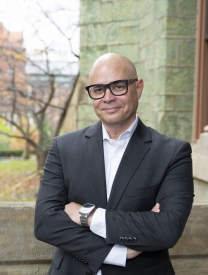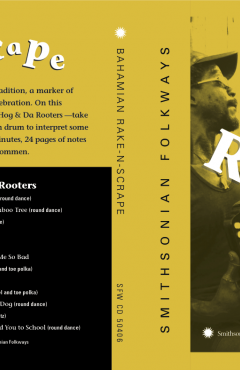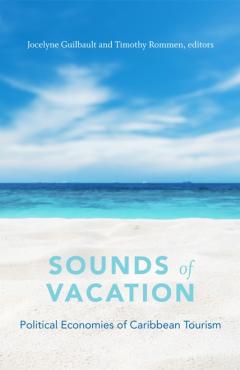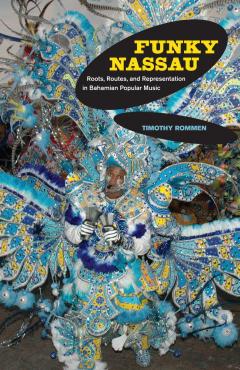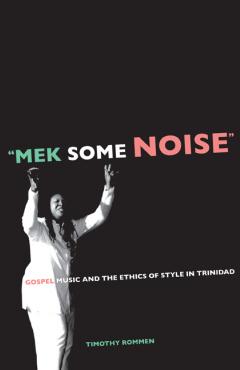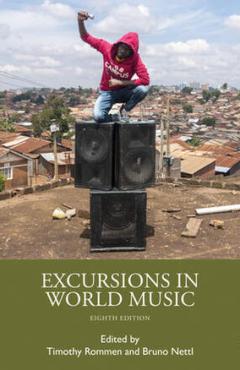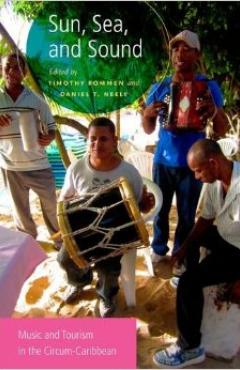Timothy Rommen (Ph.D. University of Chicago, 2002) specializes in the music of the Caribbean with research interests that include popular music, sacred music, critical theory, ethics, tourism, diaspora, and the intellectual history of ethnomusicology. His first book, entitled "Mek Some Noise": Gospel Music and the Ethics of Style in Trinidad (University of California Press, 2007), was awarded the Alan P. Merriam Prize by the Society for Ethnomusicology in 2008. His is also the author of “Funky Nassau”: Roots, Routes, and Representation in Bahamian Popular Music (University of California Press, 2011). He is contributing author to and co-editor, along with Daniel Neely, of Sun, Sea, and Sound: Music and Tourism in the Circum-Caribbean(Oxford University Press, 2014). He is also contributing author and co-editor, with Jocelyne Guilbault, of Sounds of Vacation: Political Economies of Caribbean Tourism (Duke University Press, 2019).
Rommen is co-editor of the Chicago Studies in Ethnomusicology book series (University of Chicago Press), and editor of and contributing author to Excursions in World Music (Routledge). He is a contributor to the Cambridge History of World Music, and his articles and reviews appear in Ethnomusicology, Popular Music, the Journal of Musicology, the Black Music Research Journal, the Latin American Music Review, The World of Music, The New West Indian Guide, the Journal of Religion, the Journal of the Royal Anthropological Institute, The Yearbook for Traditional Music, the Journal of Anthropological Research, the International Dictionary of Black Composers, and the Encyclopedia of Popular Music of the World.
Rommen is currently engaged in a musical ethnography of Dominica. Focusing on the musical complexities and socio-cultural meanings accruing to jing ping, cadence-lypso, and bouyon in the process of interacting with each other and with other local and translocal genres, this project investigates: 1) the many ways through which historical and contemporary dynamics between the Anglophone and Francophone Caribbean have shaped the particular spaces within which Dominican music is produced and consumed; 2) the musical and linguistic inheritances that, forged into new statements of creole musical life, combine to provide rich possibilities for understanding and enacting citizenship; and 3) the unique pressures that small island economics continue to exert on the options and opportunities available to musicians and audiences in Dominica.
Undergraduate Courses
- Introduction to Music in World Cultures
- Introduction to Global Music
- Latin American Music
- Caribbean Music and Diaspora
- Accordions of the New World
- Blues in World Perspective
- 1969 Resounded
- The Blackness of Rock
Graduate Courses
- Intellectual History of Ethnomusicology
- Writing About Music
- Field Methods in Ethnomusicology
- Caribbean Music and the Ethics of Style
- Caribbean Popular Music and Tourism
- Africana Thought in Musical Perspective
- Theorizing the Caribbean
- Creole/Creolization/Creolité
- The Creole Archipelago
